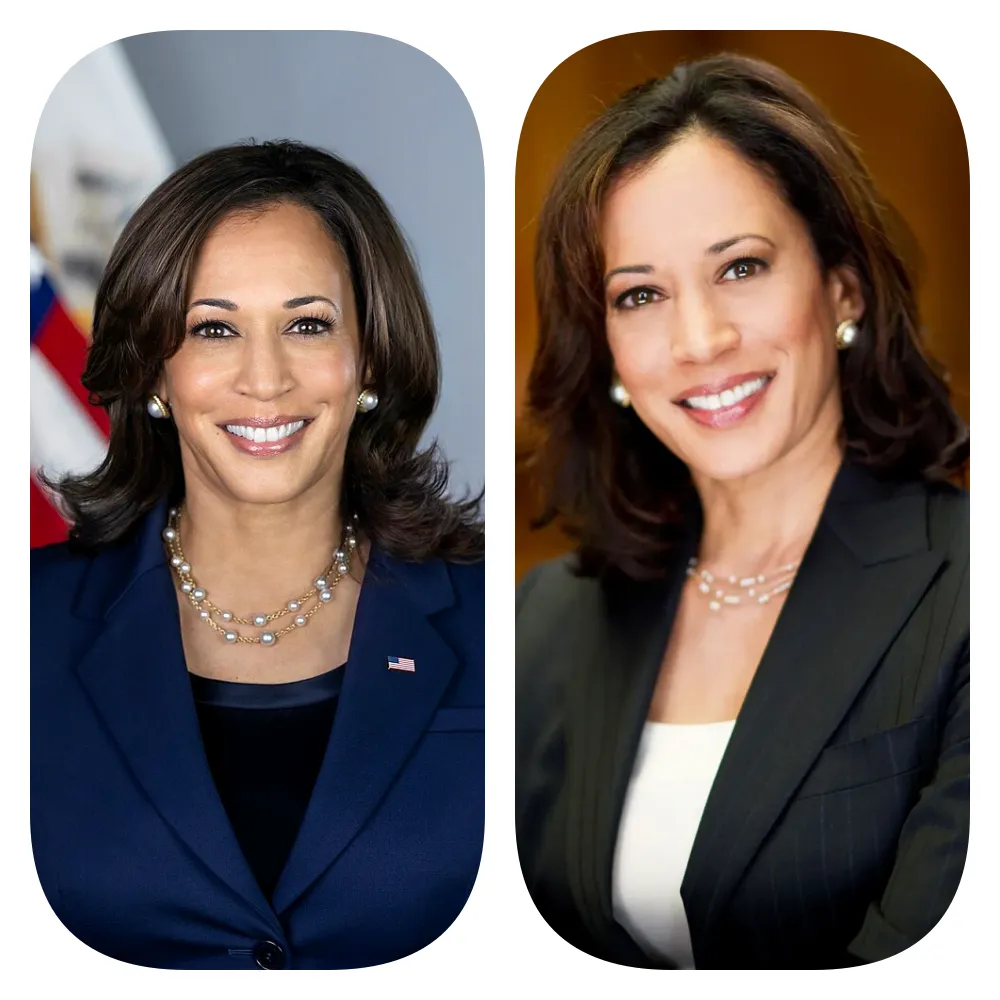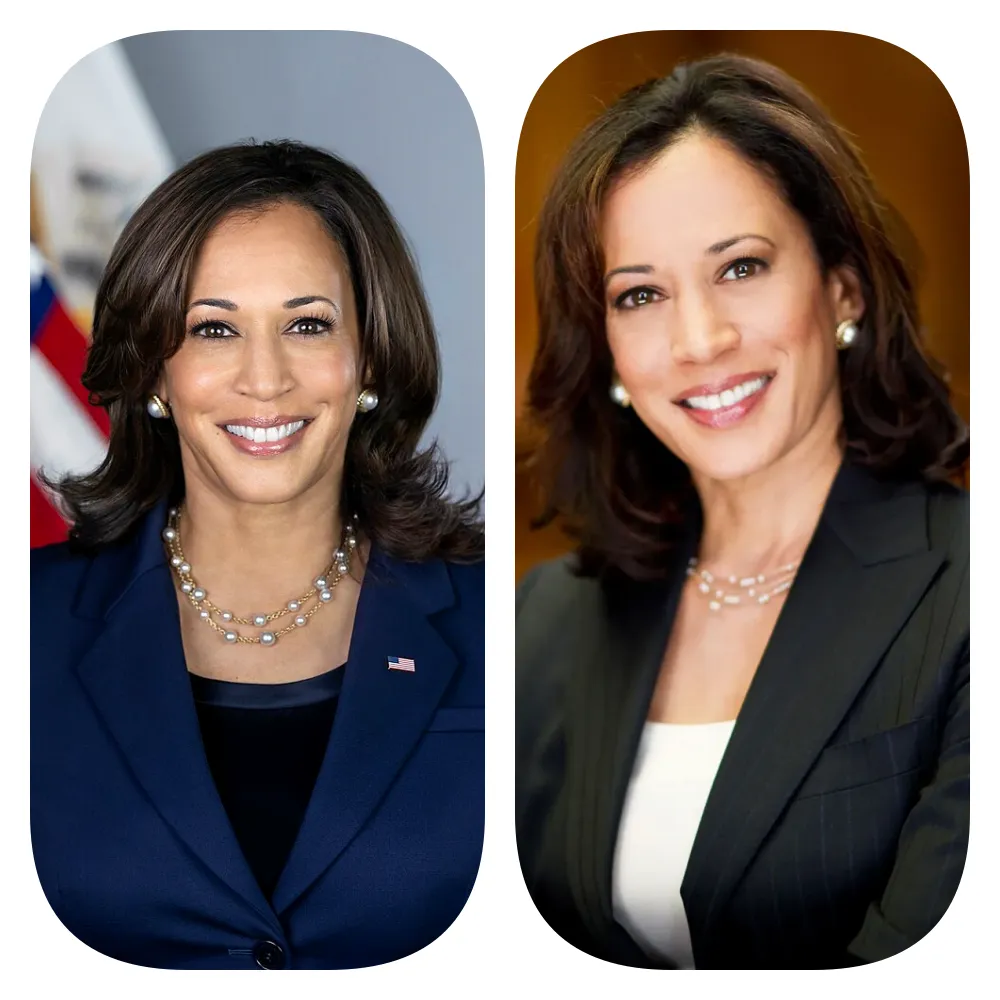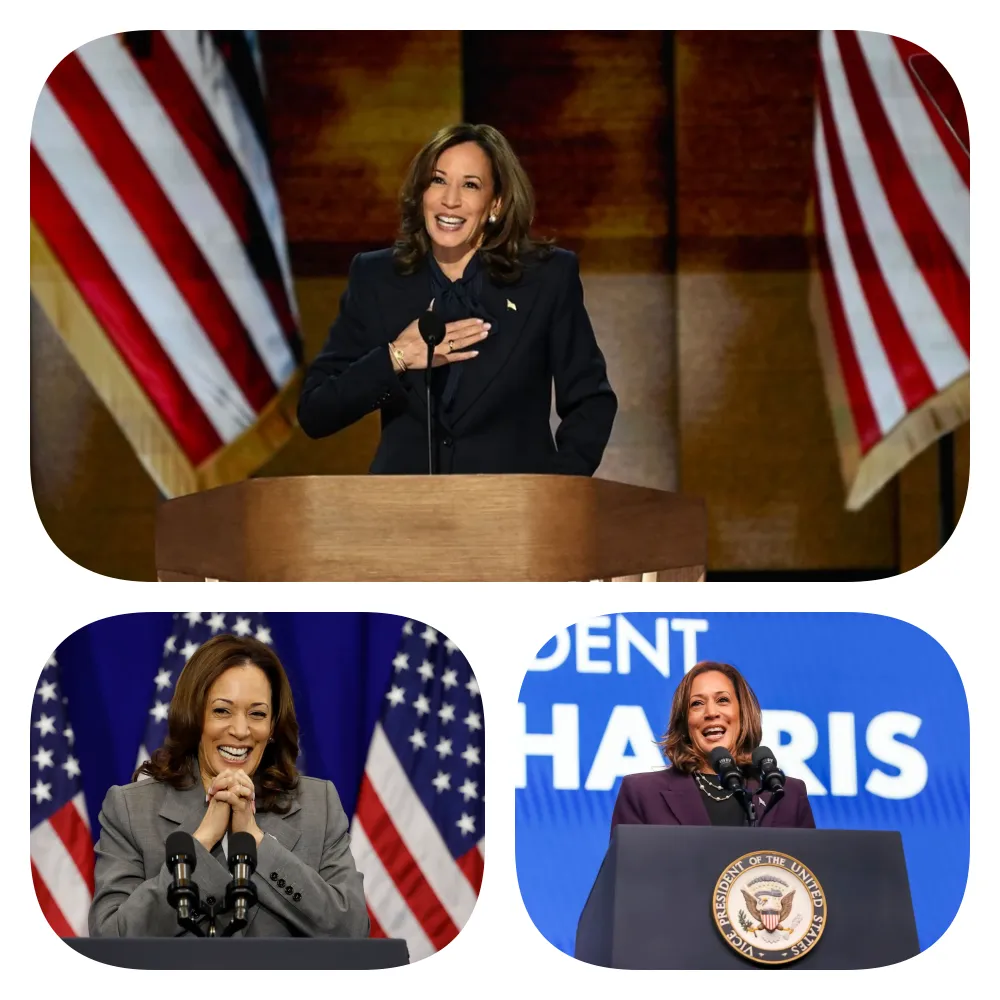
Kamala Harris Unveils Comprehensive Plan to Reduce Living Costs
Vice President Kamala Harris has introduced a sweeping economic proposal aimed at reducing taxes and lowering the cost of essentials, such as food, housing, and other necessities, for the American people.

“Let’s face it, the bills keep piling up,” said Vice President Harris, the Democratic candidate for the upcoming presidential race, during a speech in the battleground state of North Carolina on August 16.
Harris emphasized that “strengthening the middle class will be a primary goal” of her presidency. She proposed a nationwide ban on price gouging by food manufacturers and grocery stores, alongside measures to assist first-time homebuyers with a $25,000 down payment and tax incentives for businesses that build affordable housing for new buyers.
“Every day, across our country, families discuss their plans for the future—their hopes and dreams for themselves and their children. And they also talk about how they can achieve those goals financially because, let’s face it, the bills are rising,” Harris remarked. “From food to rent, gas, back-to-school clothes, and prescription medications, many families find they don’t have much left at the end of the month.”
Harris pledged tax relief for households, particularly those with middle and low incomes, promising to expand the Child Tax Credit to $3,600 and up to $6,000 for families with children under one year old.
She also proposed increasing the Earned Income Tax Credit for low-income workers without children, estimating that this would reduce their effective tax burden by $1,500.
These proposals align with many priorities of President Joe Biden’s administration and will require congressional approval. Harris’ campaign did not provide specific details on funding these initiatives.
This plan appears to be Harris’ strategy to address voters’ economic concerns and counter criticisms from former President Donald Trump’s campaign, which has questioned her ability to manage the economy.
Kevin Hassett, who chaired the Council of Economic Advisers under Trump, dismissed the idea of government-imposed food pricing as “completely nonsensical,” referencing Harris’ proposal to ban price gouging on food.
In her speech, Harris highlighted the contrasts between her plan and Trump’s economic proposals, such as his call for higher tariffs on foreign goods. She argued that Trump’s approach would effectively impose a national sales tax on everyday products and necessities that are imported.
“This would mean even higher prices for most of your daily needs,” Harris stressed. “A tax on gas, a tax on food, a tax on clothing, a tax on over-the-counter medications.”

“At a time when everyday costs are already too high, he wants to raise them even more,” she added.
This week, the U.S. Department of Labor released a report showing that annual inflation has hit its lowest point in over three years, although food prices remain 21% higher than three years ago. The report indicated that most of July’s inflation was driven by rising rents and other housing costs. However, real-time data suggests that the rate of increase is slowing, potentially leading to a more moderate rise in housing costs in the coming months, which could help reduce inflation.
Polls indicate that more Americans trust Trump over Harris on economic issues. About 45% of respondents believe the former president would manage the economy better, compared to 38% who think the same about the vice president. Approximately 10% of those surveyed expressed a lack of confidence in both Trump and Harris, according to the latest poll conducted by the Associated Press in conjunction with the NORC Center for Public Affairs Research.






